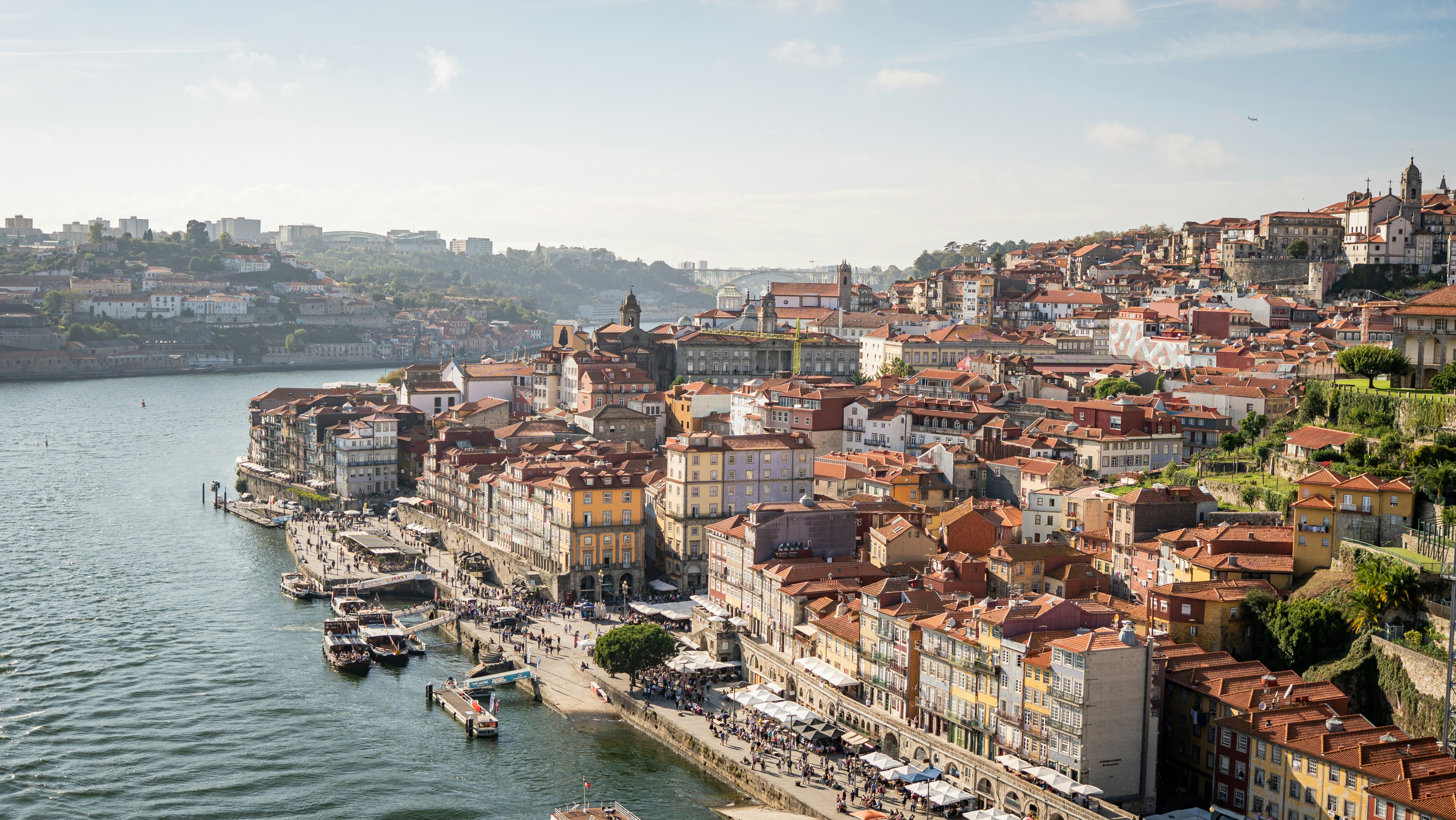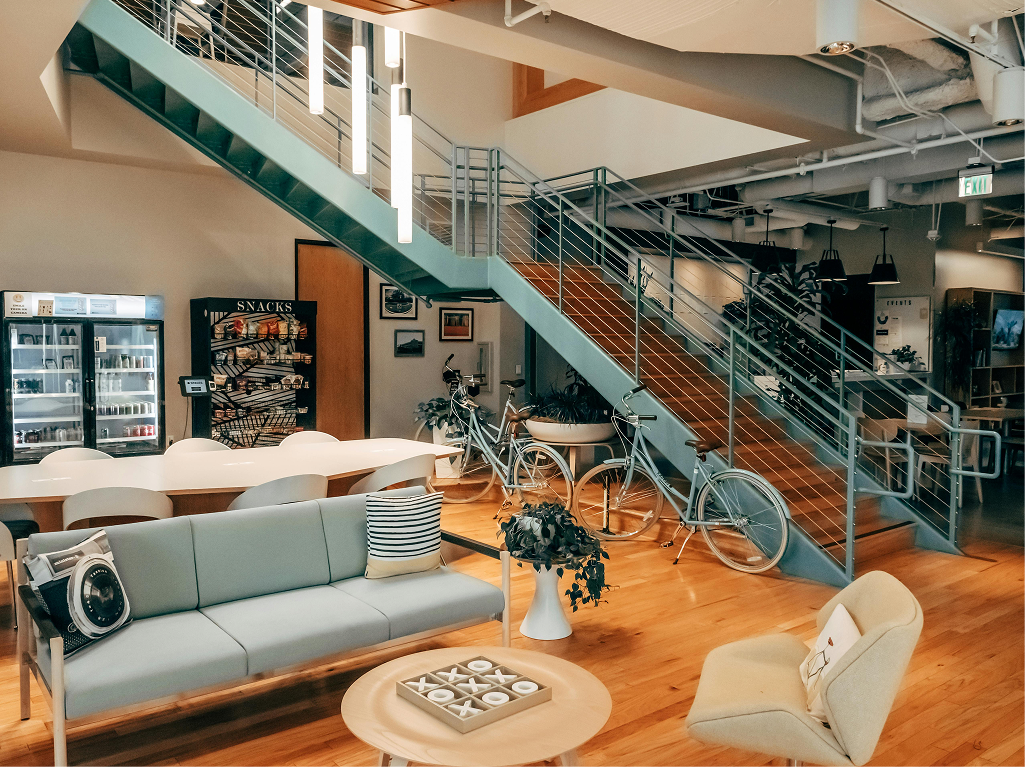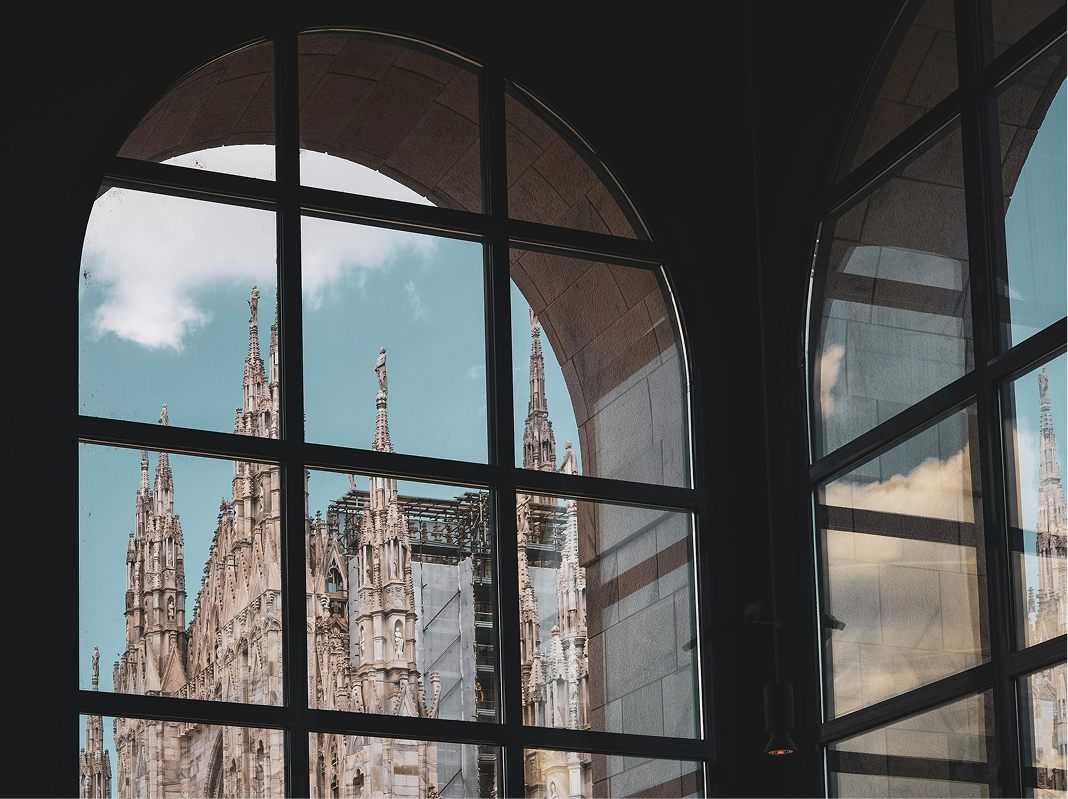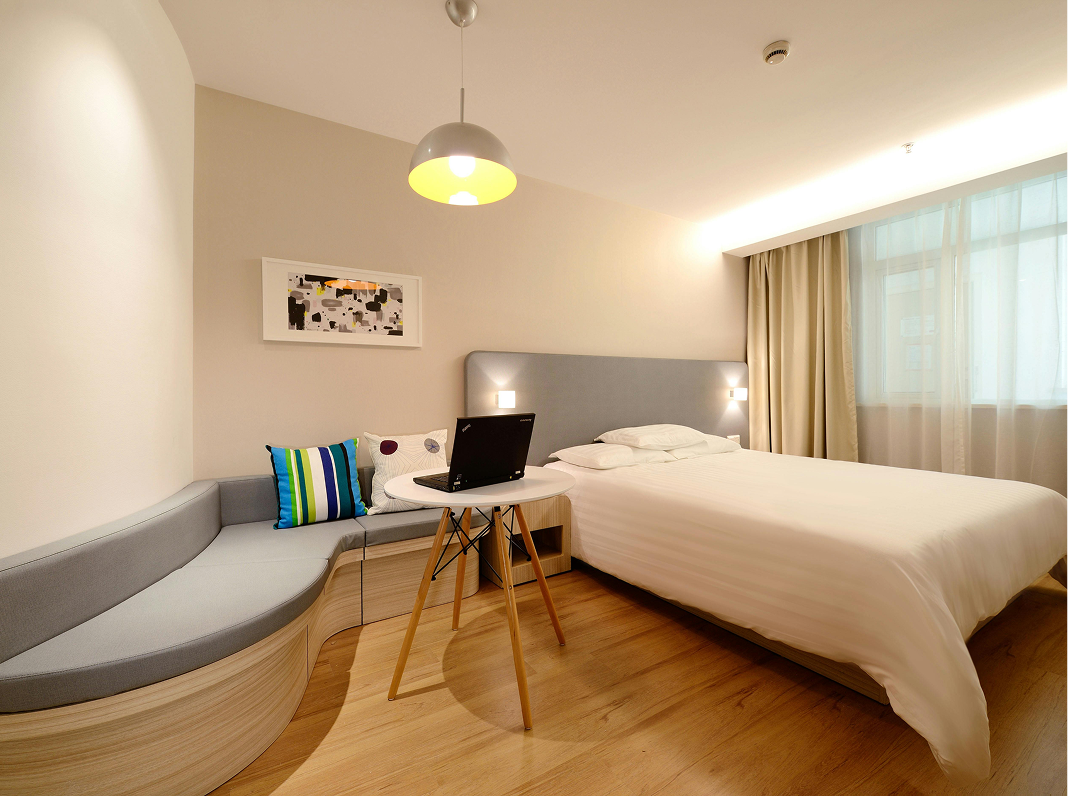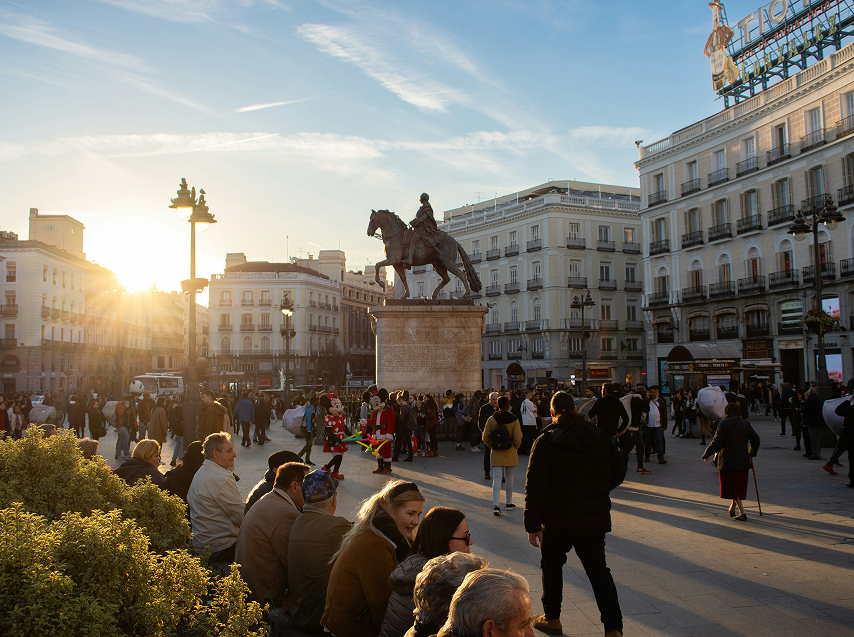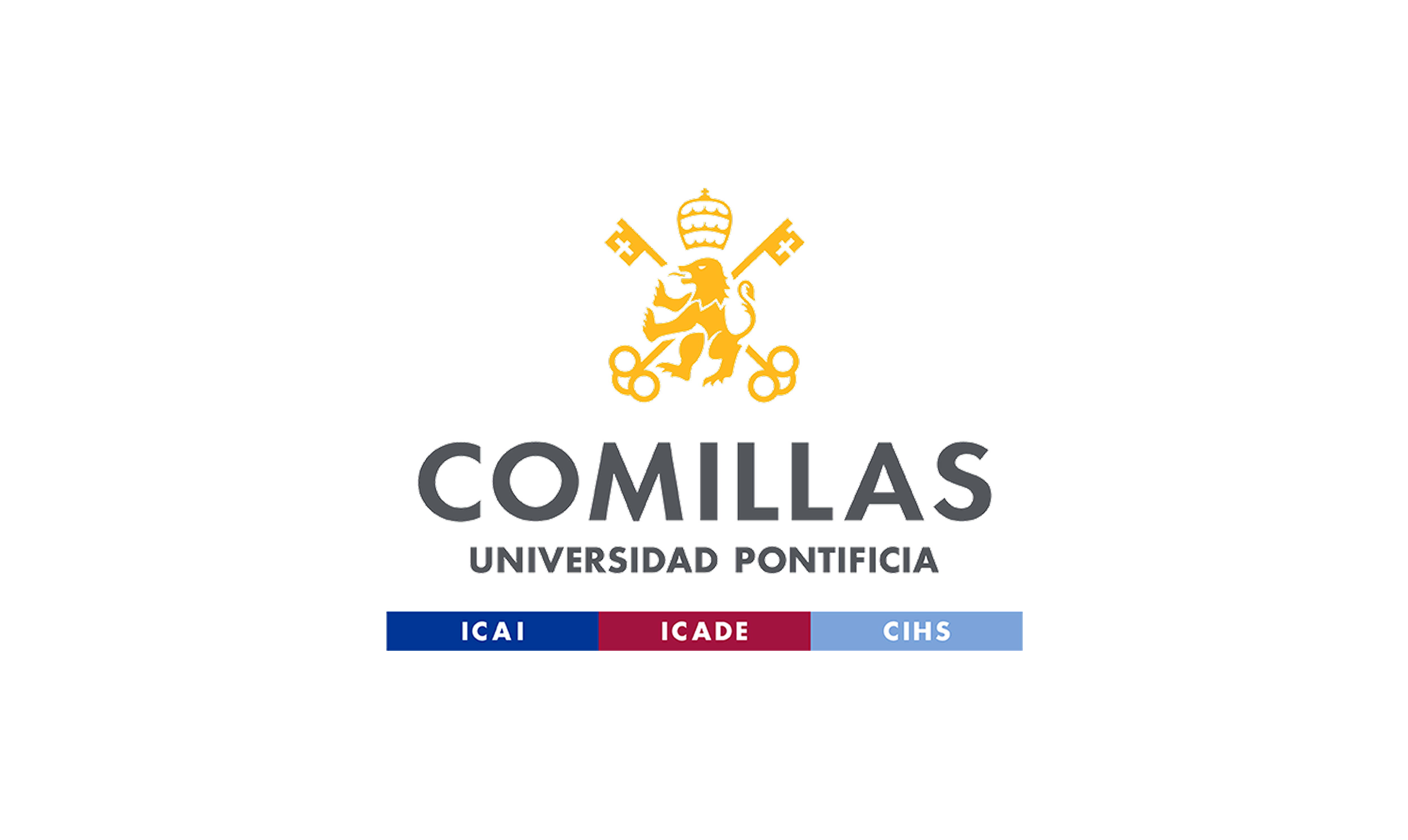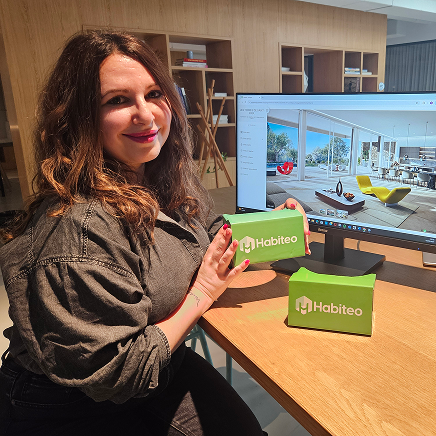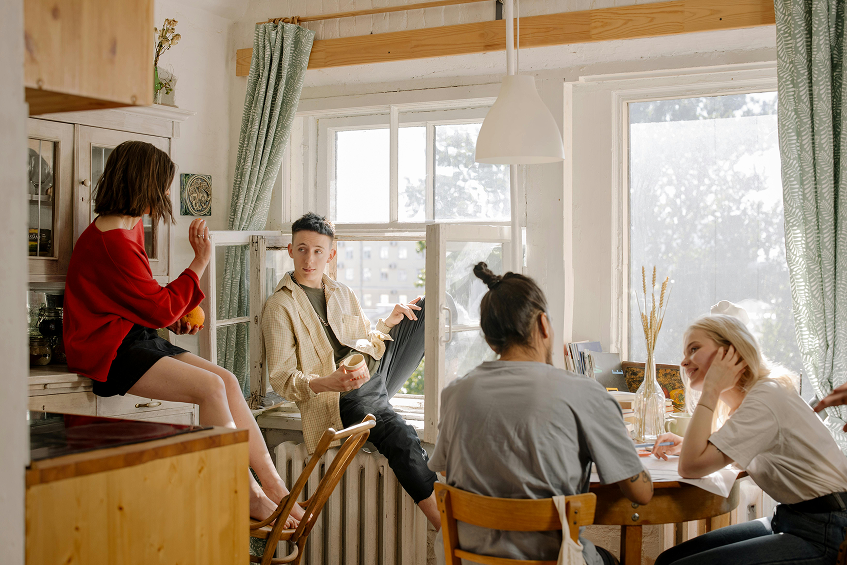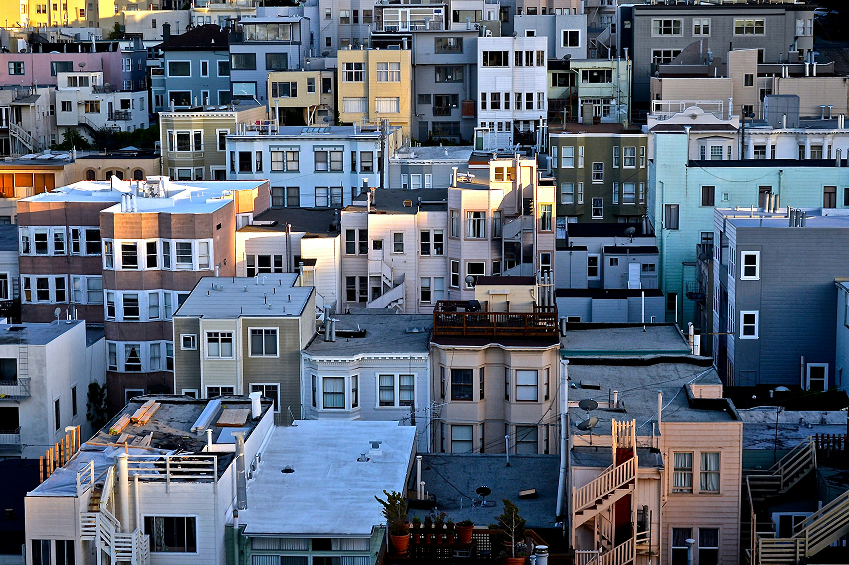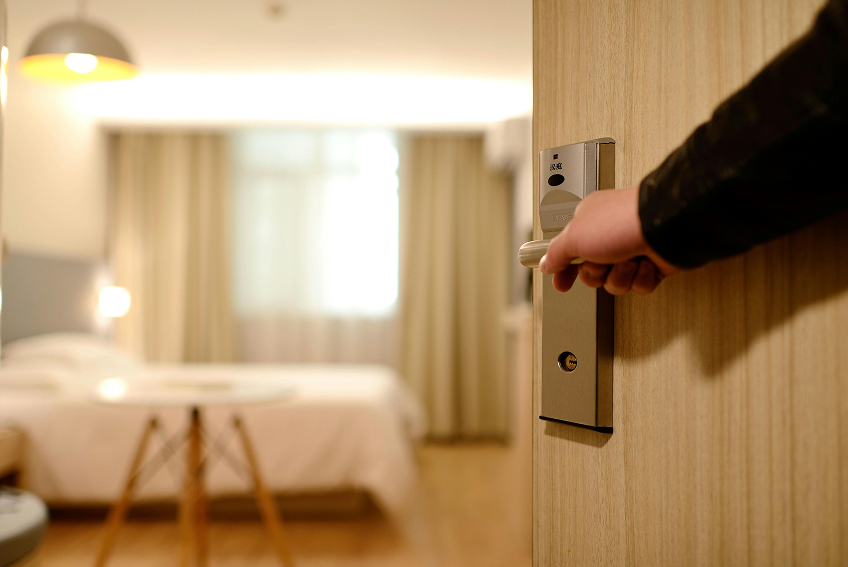Index
Receive our newsletter
Porto is the second largest and most populous city in Portugal after Lisbon. It has a fairly extensive history and a series of buildings and monuments of great architectural value. It is a city where you can enjoy a long stay or simply a great relaxing and unforgettable weekend.
How to get to Porto?
Traveling from Porto airport to the city center is easy and affordable. Porto's Francisco Sá Carneiro Airport is located just about 12 kilometers north of the city and is excellently connected by public transport.

Bus: Bus numbers 601, 602 and 604 will take you to the city center for €2.15. It makes many intermediate stops. In total, the journey takes 40 minutes to the center of Porto.

Metro: A quick, economical and easy way to get to the center of Porto is the metro. You must take metro line E (the only one at the airport, purple) towards Trindade. The single ticket costs only 2.15€ and the trip takes 25 minutes.

Taxi: The taxi is undoubtedly the most comfortable option. The airport is located just 12 kilometers from the center of Porto, so the journey is quite quick, taking about 20 minutes. The standard fare marked by the taximeter to go from the airport to the city center usually ranges between €20 and €30, depending on your final destination.
Living in Porto
What is the cost of living in Porto?
To live in Porto you will need approximately €700 to cover accommodation, living expenses and related expenses. Porto has a great gastronomic and cultural offer, depending on your standard of living, this cost may vary. We share with you two reference websites so you can make your calculations: Expatistan and Vivirenn.
What are the best neighborhoods in Porto?
With Lodgerin you can book accommodation in any of the most recommended neighborhoods:
How to move around Porto?
Porto is a city with an adequate public transportation system that allows us to be anywhere in the city in a short time.

Metro: Using the subway, you can reach many places, even on the outskirts of the city. Much of the route is at ground level. The price of each trip is defined according to the number of areas you must cross to reach your destination. The cheapest costs 1.20€. There is also a tram but it is not very functional and its use is basically for tourism.

Bus: Porto has a complete bus network, managed by the municipal transport company STCP, which goes where the rest of Porto's transport does not.

Train: The train is a particularly useful form of transport to visit places like Aveiro, Braga or Guimaraes, which are much further away from the city center. Most trains leave from Sao Bento station.
Anyway, walking around Porto is easy as the distances within the city center are relatively short. However, you have to take into account all the slopes in the city that can make your way difficult.
What are the best universities in Porto?
Porto, as is the case throughout Portugal, is a city highly sought after by students from all over the world. Depending on what sector you want to train in, you must correctly choose the University to enroll in.
Here are some of the most important universities:

University of Porto
The University of Porto is the largest and most prestigious university in the city and one of the most important in Portugal. Founded in 1911, it offers a wide range of undergraduate and postgraduate programs in various fields of knowledge.

Portuguese Catholic University - Porto
This private university is one of the most recognized institutions in Portugal. The Porto campus offers programs in areas such as law, economics, management, bioengineering, and health sciences.

Polytechnic Institute of Porto
Founded in 1985, it is one of the largest higher education institutions in Portugal. It offers a wide variety of technical and professional programs in areas such as engineering, education, management, music, and health.

Lusíada University - Porto
This private university offers programs in areas such as law, management, economics, psychology, and architecture.

Fernando Pessoa University
Founded in 1996, this private university offers programs in various fields, including social sciences, health sciences, humanities, and technology.
Tourism in Porto
What are the best parks in Porto?
A perfect day of walking through Porto should include a visit to at least one of its parks to rest among the ancient trees. The Parque da Cidade is the largest in Portugal, with small lakes, trails and a great variety of flora and fauna. It is the venue for festivals and has an area of more than 80 hectares.
With a more elegant and romantic character we find the gardens of the Crystal Palace, Victorian in style and famous for their views of the city of Porto. Without a doubt one of the most beautiful and recommended places in the city.
What monuments and historical sites does Porto have?
Porto is a city with a lot of history behind it, which can be appreciated simply by taking a walk. Monuments and historical sites are found throughout the city.

Sé Cathedral
One of the main monuments is Sé Cathedral, one of the oldest buildings in Porto. It is a religious symbol and the best example of Romanesque architecture in the city.

Clérigos Tower
What stands out most about this church is its main façade, in baroque style, and the monumental staircase, which gives access to the main entrance.

Lello Bookstore
The Lello Bookstore is one of the most beautiful and emblematic bookstores in the world. Opened in 1906, it stands out for its impressive neo-Gothic architecture, with an Art Nouveau façade and an ornate interior that includes a magnificent carved wooden staircase, colorful stained glass windows and ornate bookshelves. The bookstore is famous not only for its beauty, but also for its cultural and historical influence, and is rumored to have inspired J.K. Rowling during her stay in Porto while writing the first chapters of the Harry Potter saga.
Check all the visits you can make to the different monuments of Porto and make your reservation.
What museums are there in Porto?
Although less famous for its museums and more for its prestigious wines, river walks and other attractions, Porto offers its visitors interesting museums where you can delve deeper into many of its traditional activities, culture and history. We highlight the Electric Car Museum, the Casa do Infante, which keeps the history of the city and the Soares dos Reis National Museum, with the largest collection of Portuguese paintings ranging from the 17th century to the beginning of the 20th century.
See all the visits you can make to the different museums in Porto and make your reservation.
Leisure in Porto
What is the nightlife like in Porto?
When night falls, this coastal city transforms into a place full of party and fun. From cozy bars to terraces with spectacular views that allow you to enjoy music, dance and local culture until the early hours of the morning. Porto has something for everyone.

Café Candelabro
It is a perfect place to enjoy a glass of port wine, live music and a bohemian atmosphere.

Hot Five Jazz and Blues
It is one of the best and oldest live music club in the city of Porto where you can listen to jazz, soul, tribute bands... It costs five euros to enter and is open from 10:00 p.m. to 3:00 a.m. every weekend.

Maus Hábitos
It is a popular restaurant-bar-nightclub known for its alternative atmosphere, hosting many types of parties on the weekends.
Where to go shopping in Porto?
Porto's main shopping street is Rua Santa Catarina, where you will find all kinds of national and international shops, as well as restaurants, bookstores and beautiful churches with tiled facades.
Another of Porto's important commercial boulevards is Rua de Cedofeita, in the Cedofeita neighborhood. It is populated with small cafes, typical restaurants and the coexistence of many Erasmus students who choose this area to live. In this neighborhood you can also find the Galerias Lumiere, with more alternative shops and good places to eat.
